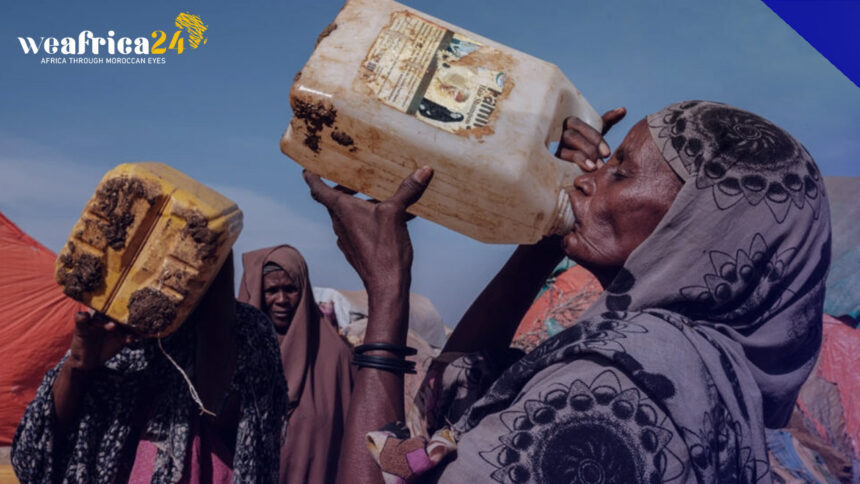An independent study commissioned by the United Nations reveals that emergency aid for internally displaced persons in Somalia is subject to organized trafficking. The findings of this investigation leaked earlier this week within the humanitarian community, exposing extensive trafficking involving various actors in Somali society.
Camp guards for the displaced, clan leaders, landowners, police officers, and local authorities are all part of a network that has been taxing internally displaced Somalis for years. According to the confidential UN report, these levies encompass both material aid, such as food supplies, and financial assistance.
In a statement released on Monday, September 18th, the Somali government announced an investigation. It committed, in collaboration with the United Nations, to “develop a strategy to reduce aid diversion” and expressed concern that humanitarian organizations “operate outside government channels.”
“This situation, however, is nothing new,” explained a humanitarian worker on the ground. Corruption is so widespread that some UN agencies consider it the price they must pay to reach the displaced, he concluded.
“These revelations tarnish the reputation of all humanitarian workers,” lamented another source, fearing a withdrawal of donors at a time when Somalia still faces the threat of famine. In February, the United Nations estimated that over eight million people, more than half of Somalia’s population, required immediate assistance.







